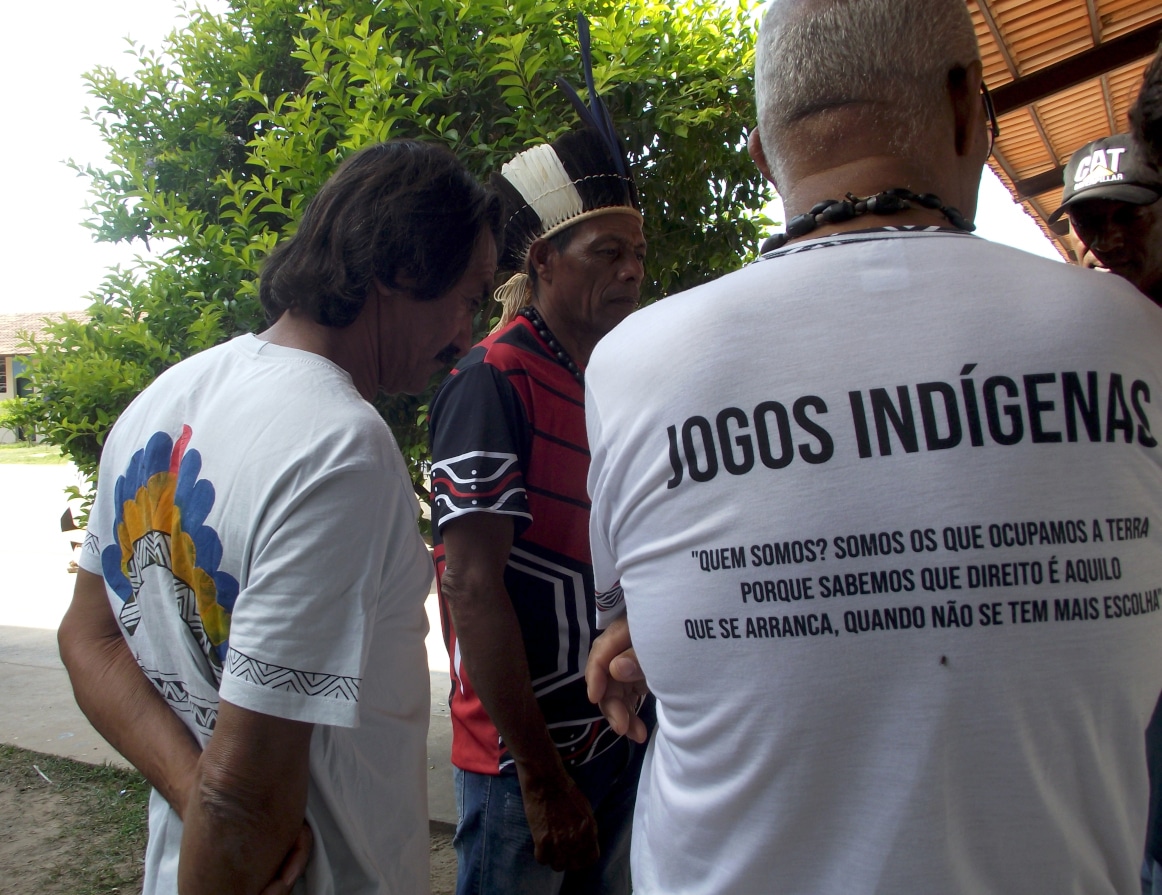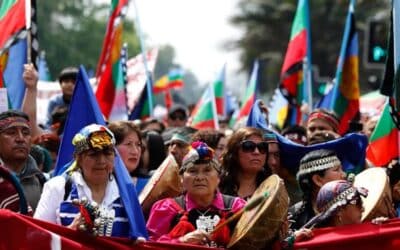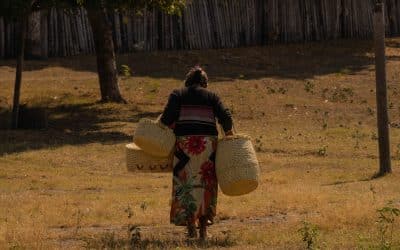Alors que la COP30 se tient au Brésil, les gouvernements et les entreprises désignent la biomasse comme un élément clé de la « transition verte » et la promeuvent dans le cadre des programmes nationaux de décarbonisation et de bioéconomie. L’engagement Belém X4, par exemple, vise à quadrupler la production de biocarburants. Un nouveau rapport du Réseau d’action sur la biomasse et de la Coalition mondiale pour les forêts révèle la dure réalité qui se cache derrière ces affirmations : la biomasse industrielle entraîne la déforestation, la concentration des terres et des conflits sociaux, tout en sapant les mesures climatiques réelles.
… continuer en anglais :
Decarbonisation or Dispossession? The Extent of Industrial-Scale Biomass Energy in Latin America and Its Impacts on the Region.
Read the briefing now in English / Spanish / Portuguese
Industrial Biomass Expansion in Latin America
Across the region, industries from steel to pulp and paper, and from ethanol to agribusiness, are increasingly relying on biomass—wood harvested from forests and plantations—as a substitute for fossil fuels. Presented as sustainable and renewable, this energy model is contributing to ecological destruction, reinforcing inequality, and dispossessing communities. Large-scale burning of woody biomass exacerbates climate change at a critical moment, rather than mitigating it.
The briefing documents the main industrial sectors generating energy from biomass and their impacts:
- Charcoal for “green steel”: In Brazil and Paraguay, millions of tonnes of wood are burned to produce charcoal for steel. Companies like Aperam BioEnergia and Aço Verde do Brasil claim carbon neutrality, yet local communities face water scarcity, pesticide exposure, forced labour, and land dispossession.
- Pulp and paper industry: Eucalyptus and pine plantations fuel biomass power stations, harming biodiversity and Indigenous communities, while carbon offset mechanisms mask the true emissions. The Valdivia pulp mill in Chile, for example, has caused serious environmental and social harms to Mapuche communities.
- Biomass for ethanol and grain drying: Across Brazil, Paraguay, Argentina, and Uruguay, biomass energy locks land into industrial monocultures, intensifying water stress, deepening inequality, and reinforcing corporate control over rural territories.
Environmental and Social Impacts
Industrial biomass energy reproduces patterns of extraction and dispossession. Monoculture plantations degrade soils, reduce biodiversity, and disrupt water cycles. Carbon accounting often hides the true climate cost, while land concentration and industrial forestry displace smallholders and Indigenous peoples. Labour is precarious, while profits are concentrated among multinational corporations.
Conclusions and Recommendations
Industrial-scale biomass exemplifies the contradictions of the green economy: marketed as sustainable, yet entangled with environmental destruction and social injustice. A just energy transition must reject biomass as a climate solution and focus on rights-based, community-led, and ecologically sustainable alternatives.
The briefing calls for:
- Recognising and addressing social impacts, including land grabs and labour exploitation;
- Promoting forestry models that prioritise Indigenous and community rights;
- Rejecting false climate solutions and carbon accounting loopholes;
- Supporting agroecology, community-managed forests, and decentralised energy systems that genuinely reduce emissions without dispossession.
Why This Matters
With bioenergy expansion high on the COP30 agenda, this briefing highlights the risks of “green” narratives that serve corporate and financial interests, rather than climate justice. Civil society organisations across Latin America have documented how biomass expansion connects to land grabs, monocultures, and extractive economic models. As governments and investors celebrate bioenergy, communities on the frontlines continue to face environmental destruction, water stress, and the erosion of their rights.
Acknowledgements
This briefing draws on the work and testimony of multiple organisations and networks, including the Global Forest Coalition, Biofuelwatch, Global Energy Monitor, the Environmental Paper Network and its Biomass Action Network, BAN’s Latin America and the Caribbean Working Group, and national partners across Brazil, Chile, Paraguay, Argentina, Uruguay, and other countries. Portuguese translation by Janaina Uemura.
Read the briefing online in English, Spanish, and Portuguese and share widely to expose false solutions at COP30.




